Tracy will share his expertise from more than 40 years in law enforcement with faculty and students in workshops and other educational events.
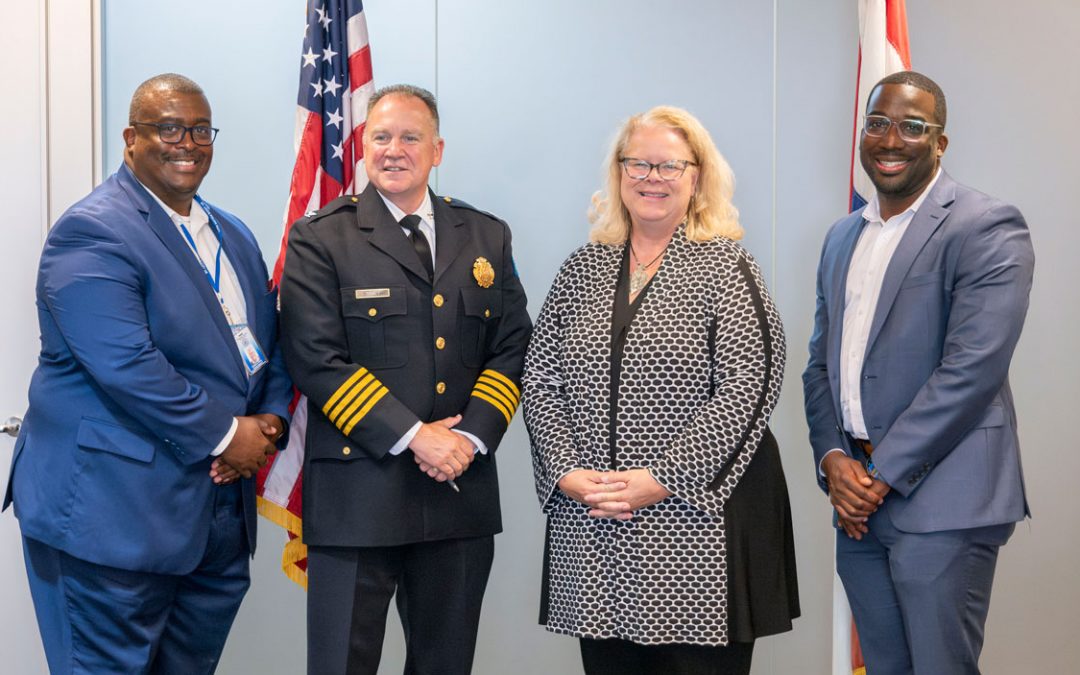

Tracy will share his expertise from more than 40 years in law enforcement with faculty and students in workshops and other educational events.
Tracy will share his expertise from more than 40 years in law enforcement with faculty and students in workshops and other educational events.
Tracy will share his expertise from more than 40 years in law enforcement with faculty and students in workshops and other educational events.
Viktoria Dimitrova, Swati Sah, Kendal Brown, Kiran Hamal and Williesha Moore offer encouragement and advice for new international students.
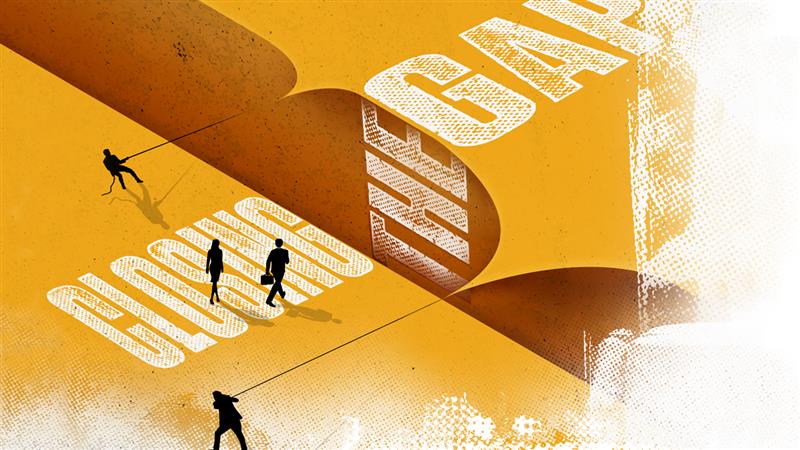
With a new location on the UMSL campus, the AWC offers everything from collaborative educational agreements with corporate partners to short-term skill development.
With a new location on the UMSL campus, the AWC offers everything from collaborative educational agreements with corporate partners to short-term skill development.
With a new location on the UMSL campus, the AWC offers everything from collaborative educational agreements with corporate partners to short-term skill development.
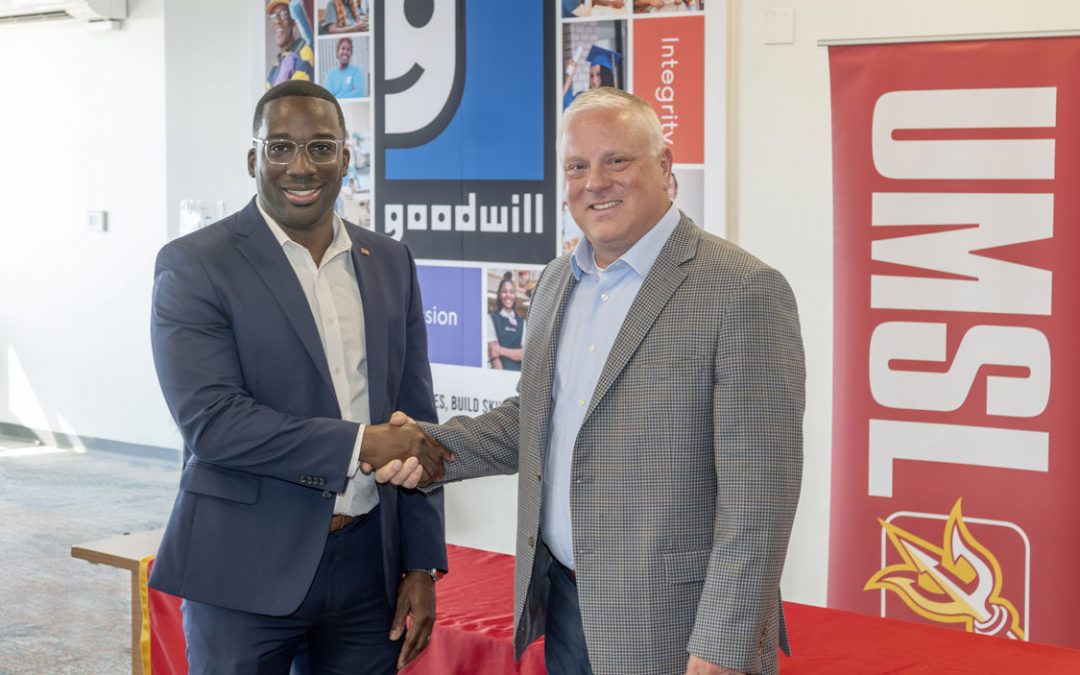
Employees will receive tuition assistance on degree and certificate programs in a range of disciplines as well as discounts on approved non-credit courses offered through UMSL’s Advanced Workforce Center.
Employees will receive tuition assistance on degree and certificate programs in a range of disciplines as well as discounts on approved non-credit courses offered through UMSL’s Advanced Workforce Center.
Employees will receive tuition assistance on degree and certificate programs in a range of disciplines as well as discounts on approved non-credit courses offered through UMSL’s Advanced Workforce Center.

Employees will receive tuition discounts on degree and certificate programs in a range of disciplines as well as on approved non-credit courses offered through the Advanced Workforce Center’s Skills Lab.
Employees will receive tuition discounts on degree and certificate programs in a range of disciplines as well as on approved non-credit courses offered through the Advanced Workforce Center’s Skills Lab.
Employees will receive tuition discounts on degree and certificate programs in a range of disciplines as well as on approved non-credit courses offered through the Advanced Workforce Center’s Skills Lab.
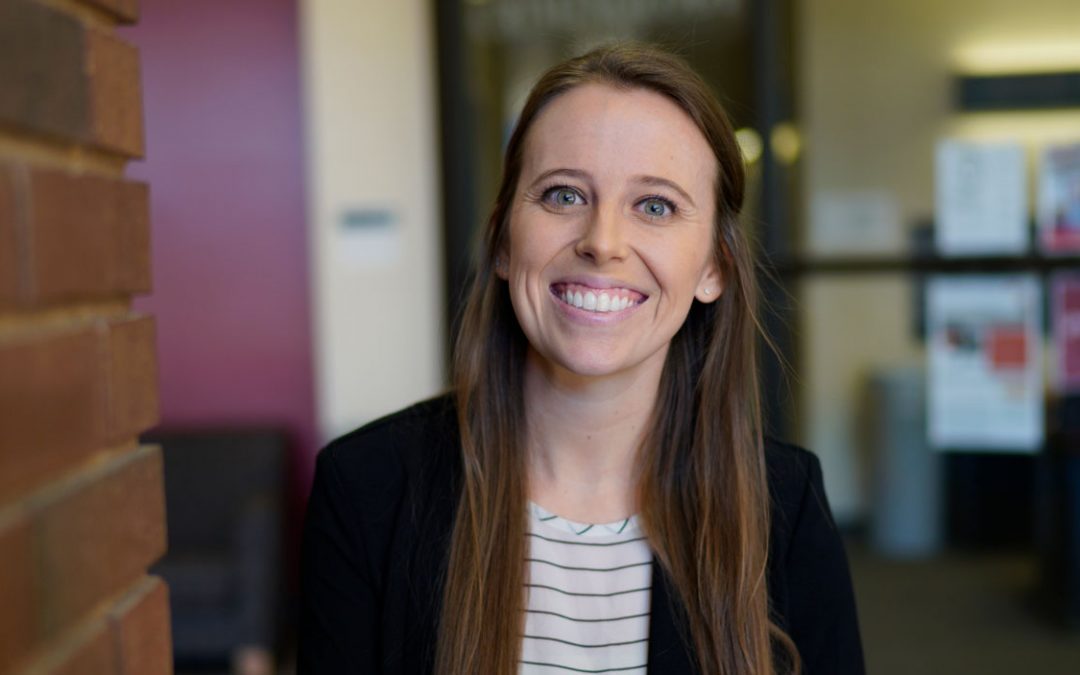
The partnership uses the strategy of focused deterrence to help probationers and parolees avoid illegal activity and other risky behavior while connecting them to social services.
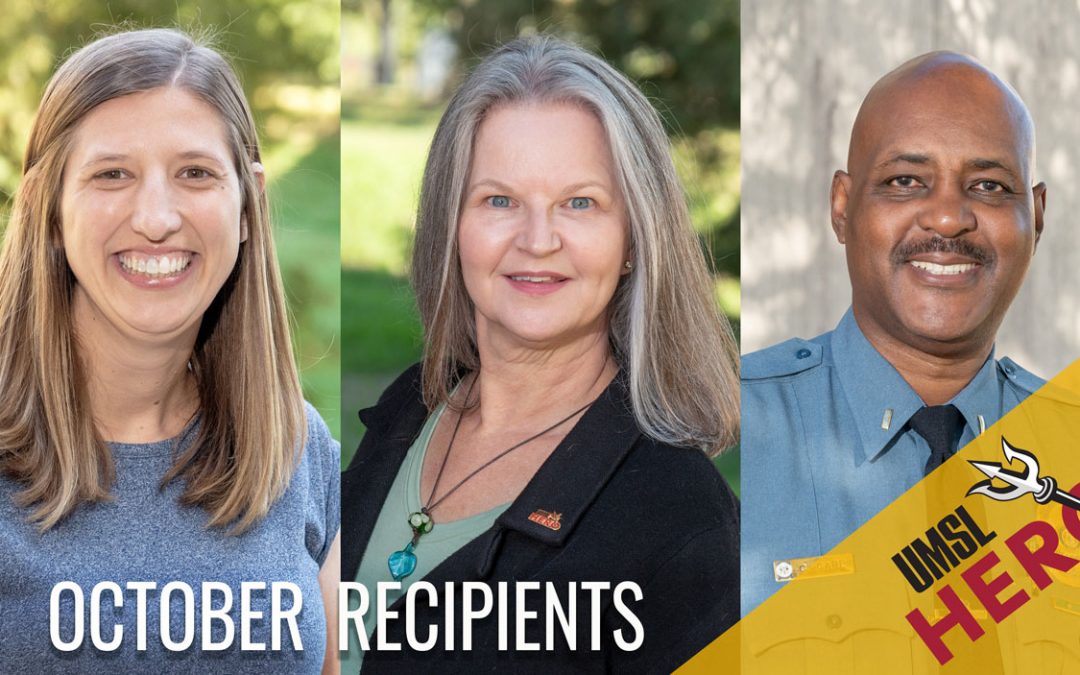
The award is presented to up to three staff or faculty members each month in recognition of their efforts to transform the lives of UMSL students and the wider community.
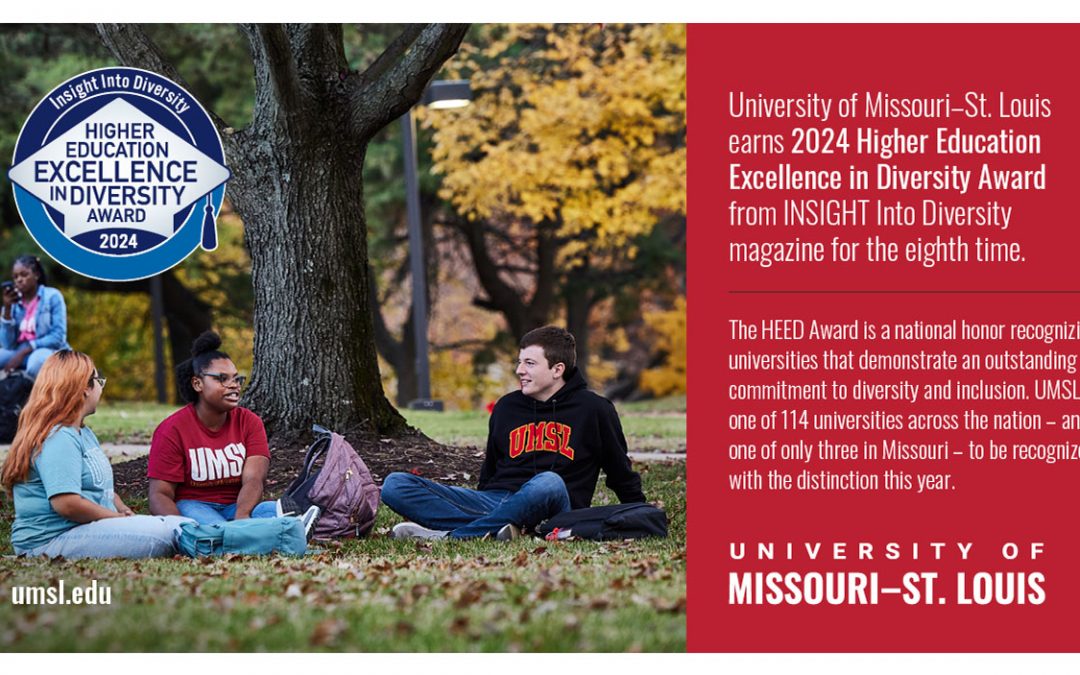
The university was one of 114 institutions nationwide to receive the honor, and one of only three in Missouri.

Eligible World Wide Technology staff members will receive full-tuition assistance for up to 18 credit hours for undergraduate and 12 credit hours for graduate coursework per year at UMSL.

The Forbes ranking included 22 public, private and online-only colleges in Missouri, and the methodology included 17 different data points.
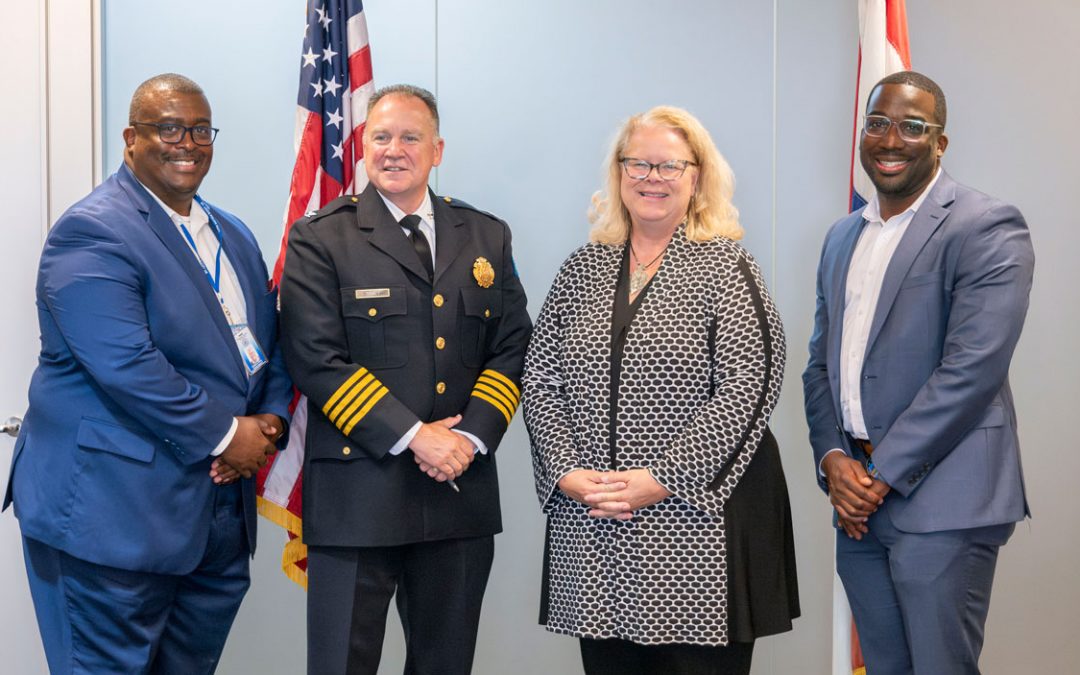
Police Commissioner Robert Tracy and Chancellor Kristin Sobolik signed the educational partnership agreement on Thursday at the department’s downtown headquarters.
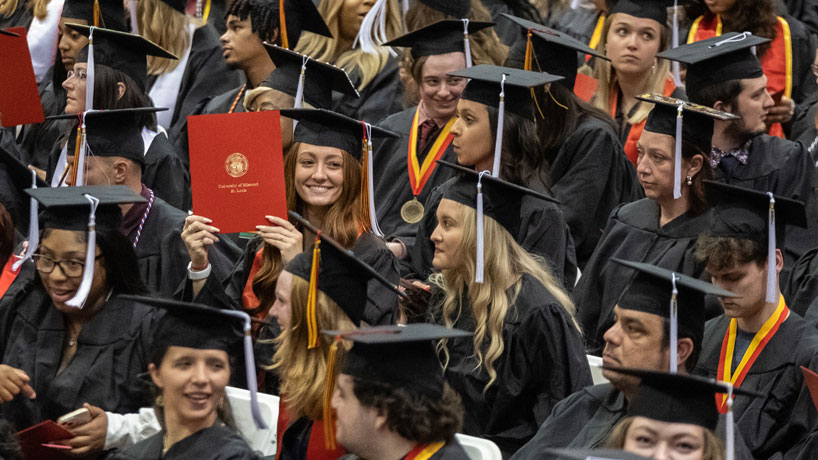
The weekend’s featured speakers include alumni Kathy Boyd-Fenger and Dan Isom as well as PhD candidate Riisa Rawlins.
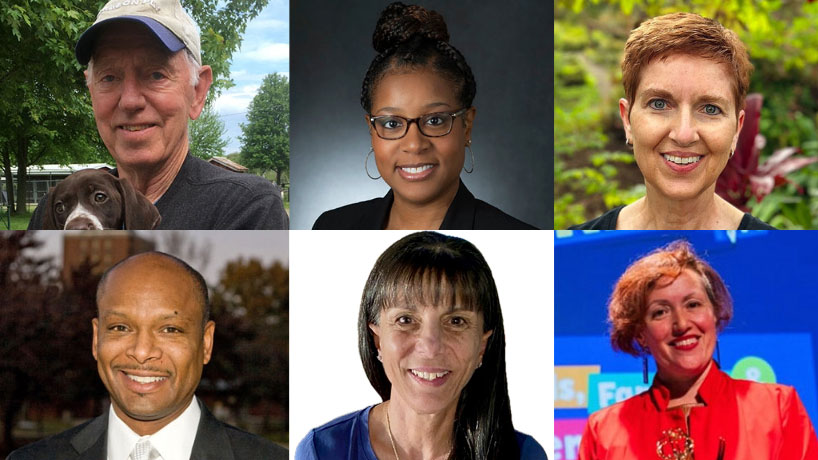
To celebrate its anniversary, UMSL is spotlighting 60 alumni who apply one or more of the university’s core values in the world and help to make it a better place.
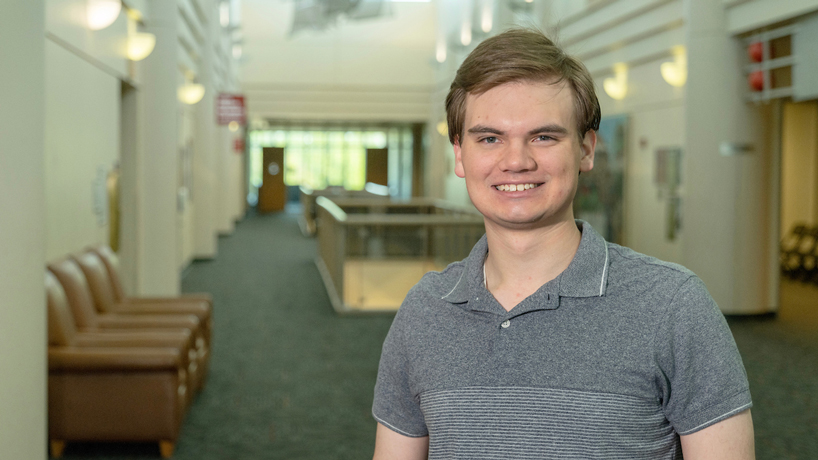
Steingruby graduated summa cum laude with both his bachelor’s and master’s degrees and also earned a bachelor’s degree in anthropology.
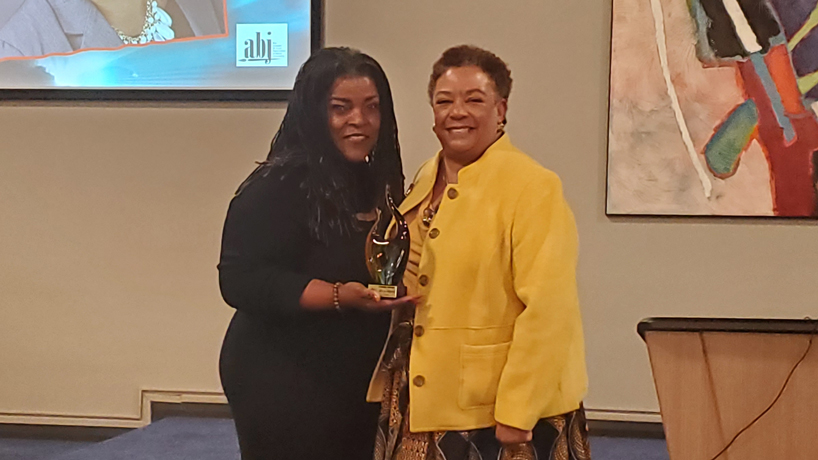
Jones was honored with KMOV morning news anchor Maurice Drummond and St. Louis Post-Dispatch music critic Kevin Johnson at a ceremony on Saturday.
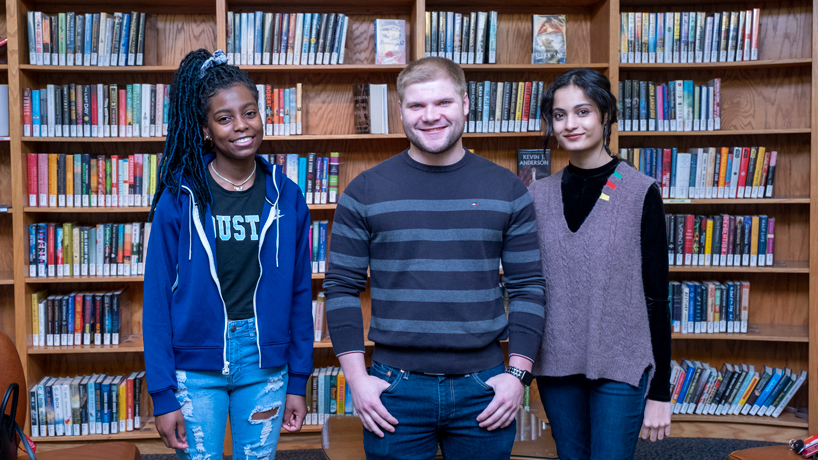
Shawanda Martin, Zachary Weiss and Hufsa Siddiqui have been interning at the company, which assists law firms with intelligence gathering in the hiring process.
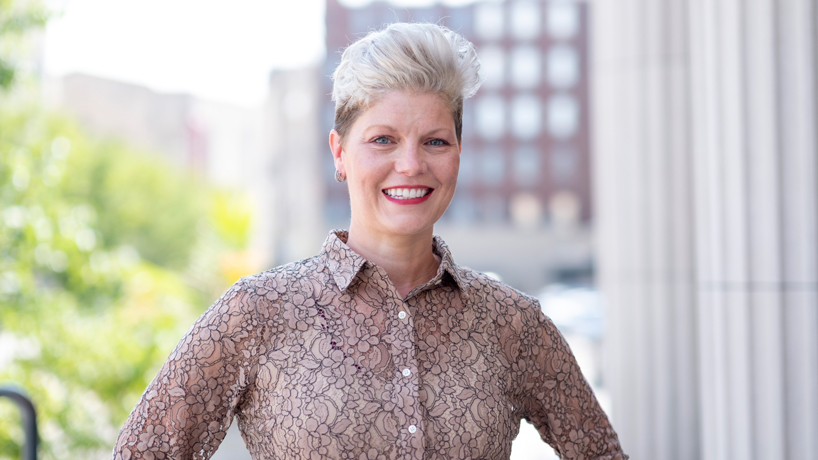
Blackburn began working as a geospatial data analyst at UMSL’s Geospatial Collaborative after more than a decade at the St. Louis Metropolitan Police Department.
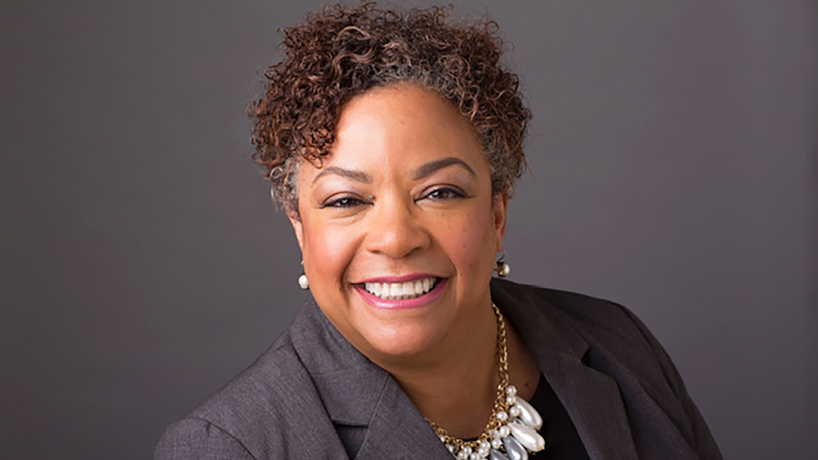
Jones has spent the past nine years at the Centene Corporation and previously worked in community and government affairs at the Bi-State Development Agency.
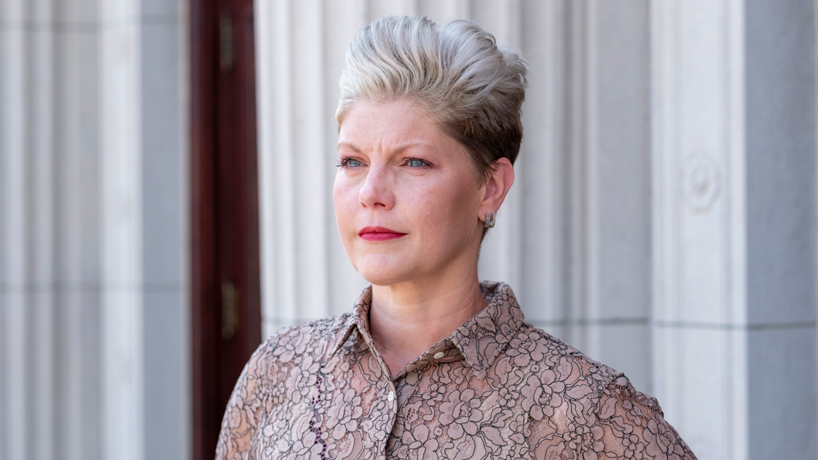
Blackburn, a 2001 CCJ alumna, has served as the manager of the St. Louis Metropolitan Police Department’s crime analysis unit since 2012.
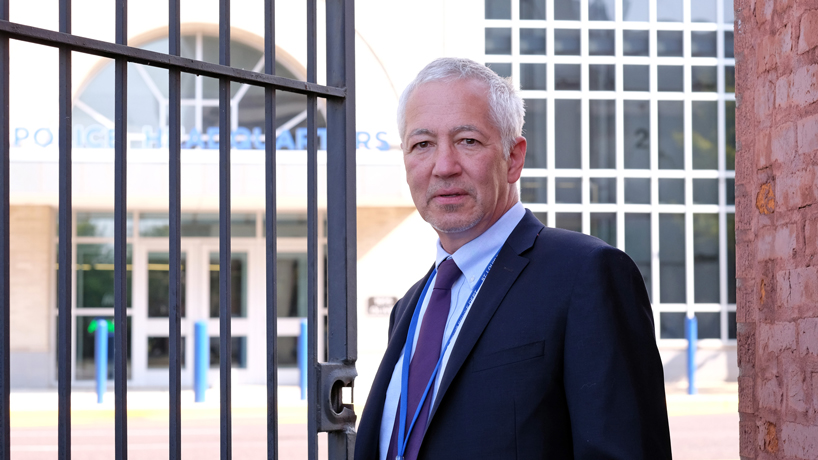
Rosenfeld is a leading researcher on crime control, criminal justice policy, the social sources of crime and statistical trends in criminal justice.
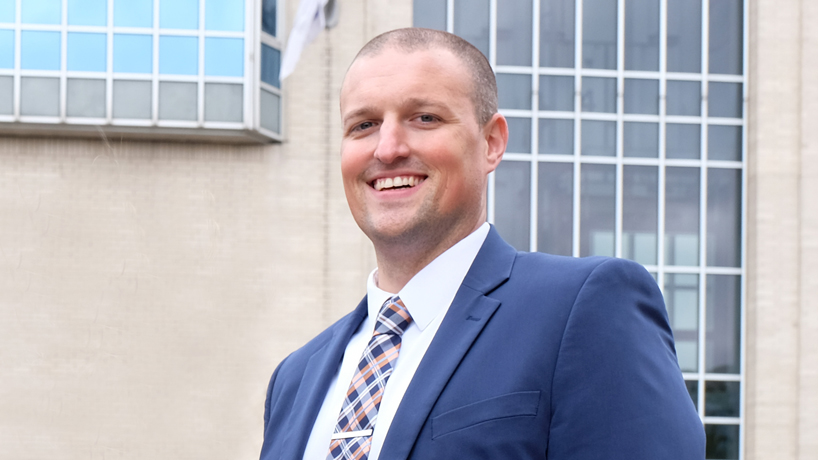
Werner is looking to develop partnerships and connect UMSL researchers with the NGA and other geographic information system-related companies in St. Louis.
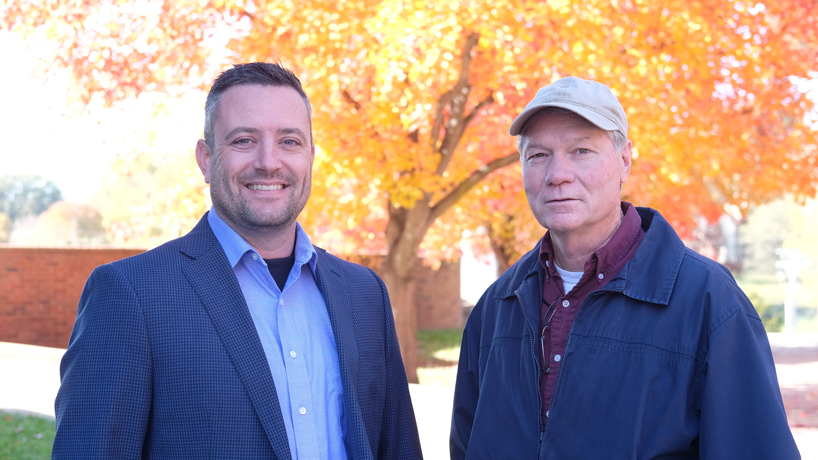
Michalka has been working with Teaching Professor Tim Maher on a qualitative study that includes interviews with police officers in the city of St. Louis and St. Louis County.
Associate Professor Lee Slocum and her colleagues shared research compiled over the past year as part of their work with the Research Network on Misdemeanor Justice.
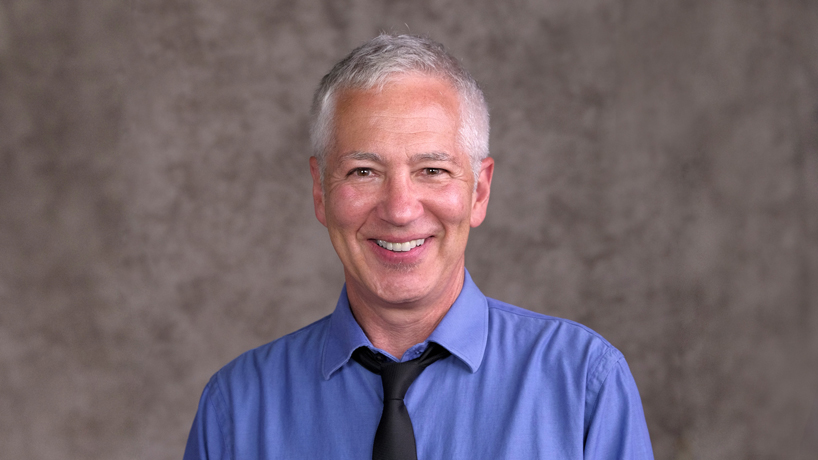
The award is a way to recognize the Founders Professor for a career’s worth of contributions to the field.
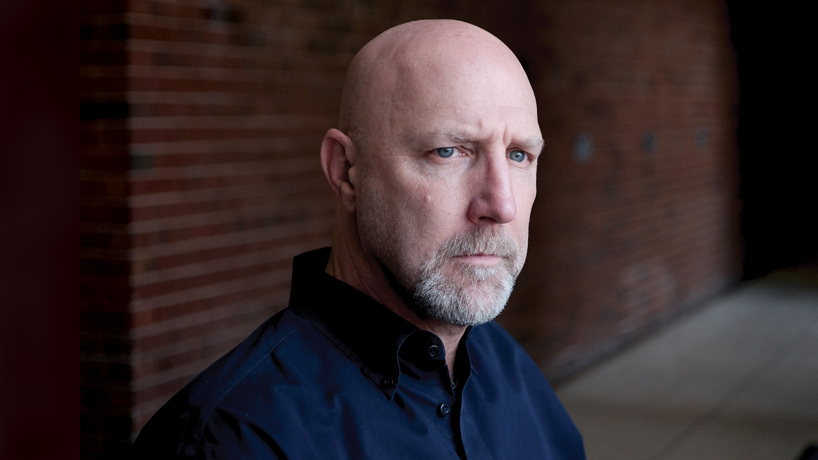
The UMSL criminologist says some officers haven’t been trained well and others don’t always adhere to their training or might need a refresher.
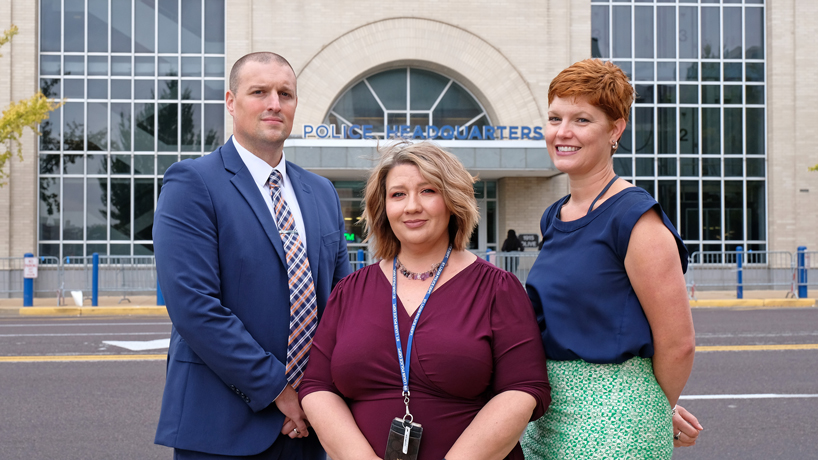
Will Werner, Sherri Schaefer and Emily Blackburn support commissioned officers through their work in planning, application development and crime analysis, respectively.

The network will use data analytics to inform policy discussions and reform regarding trends in the enforcement of lower-level offenses.
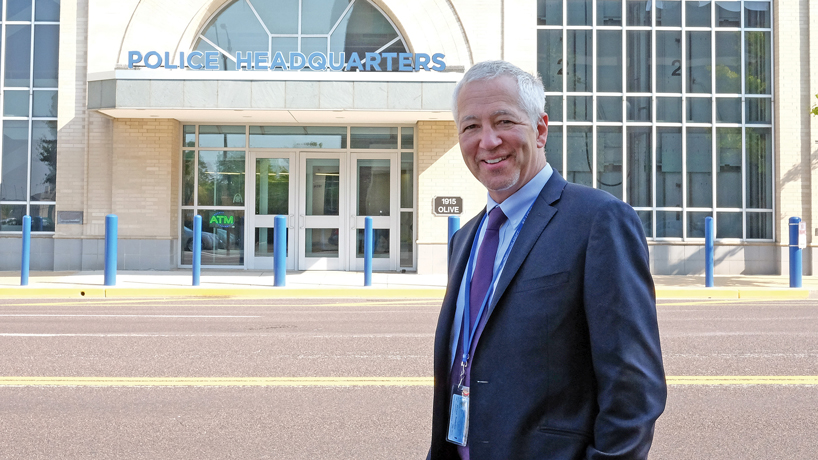
UMSL criminologist Rick Rosenfeld received a $567,473 grant from the Department of Justice to examine possible disparities in the criminal justice response to firearm-related crimes in St. Louis.
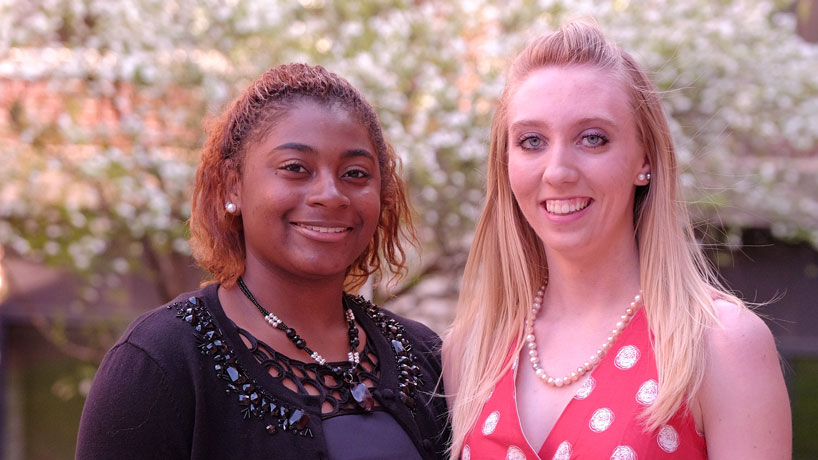
Briona Perry and Elle Fitzpatrick are on to bigger dreams with their bachelor’s degrees in biology.
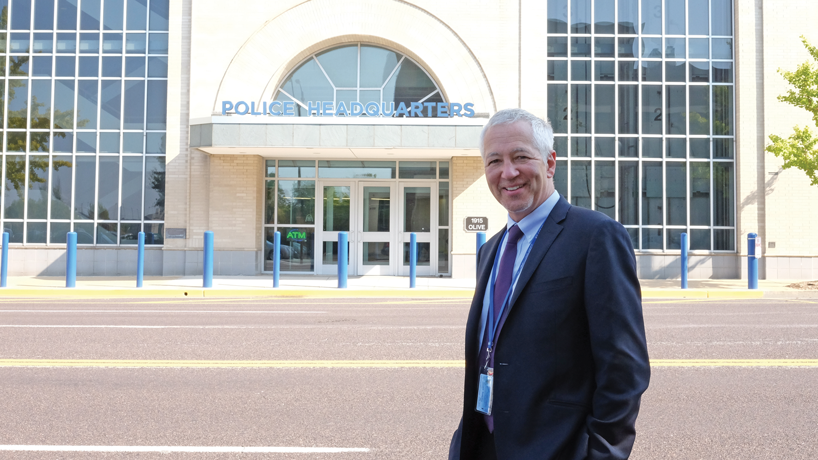
The idea was simple: create a partnership that would improve public safety in St. Louis. But how? Enter Richard Rosenfeld.
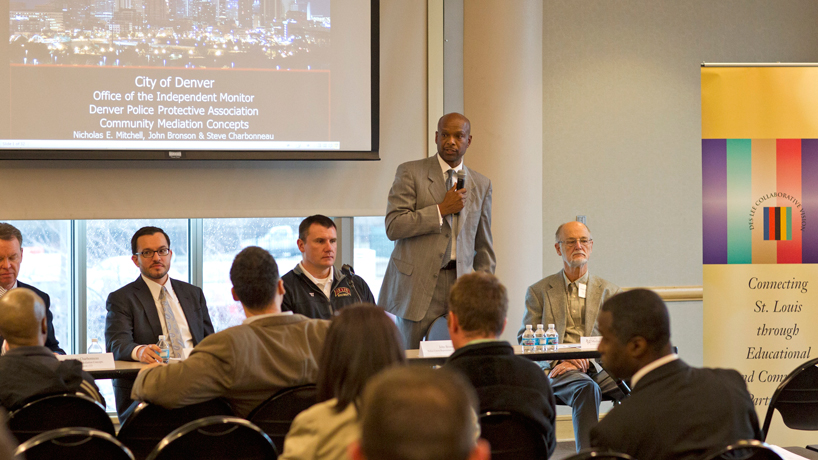
Dan Isom, the Endowed Professor of Policing and the Community at UMSL, helped establish a mediation program pilot project while he was chief of the St. Louis Metropolitan Police Department.
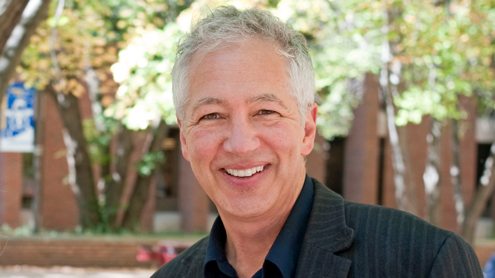
Service is second nature to Richard Rosenfeld. Whether it’s leading a research study for the St. Louis Metropolitan Police Department, heading the board of the American Society of Criminology or lending his expertise to media outlets, he believes in giving back.

The Department of Criminology and Criminal Justice at the University of Missouri–St. Louis, city of St. Louis and St. Louis Metropolitan Police Department are now in their eighth month of working together to address public safety issues in the city. So how’s it going? That’s what will be discussed in an Applied Research Seminar presented by the Public Policy Research Center at UMSL.
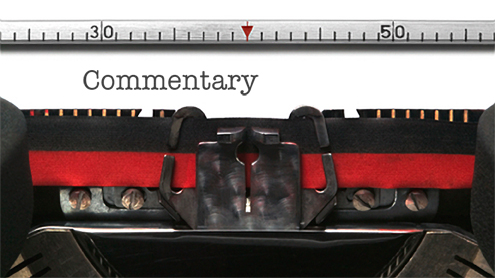
The fragmentation of police services is a problem inherent in the organization of many communities across the county. St. Louis is no different, as there are a multitude of jurisdictions—many of which have their own police departments. This fragmentation has the potential to reduce the ability of law enforcement agencies to collectively combat crime and disorder and provide effective community services.